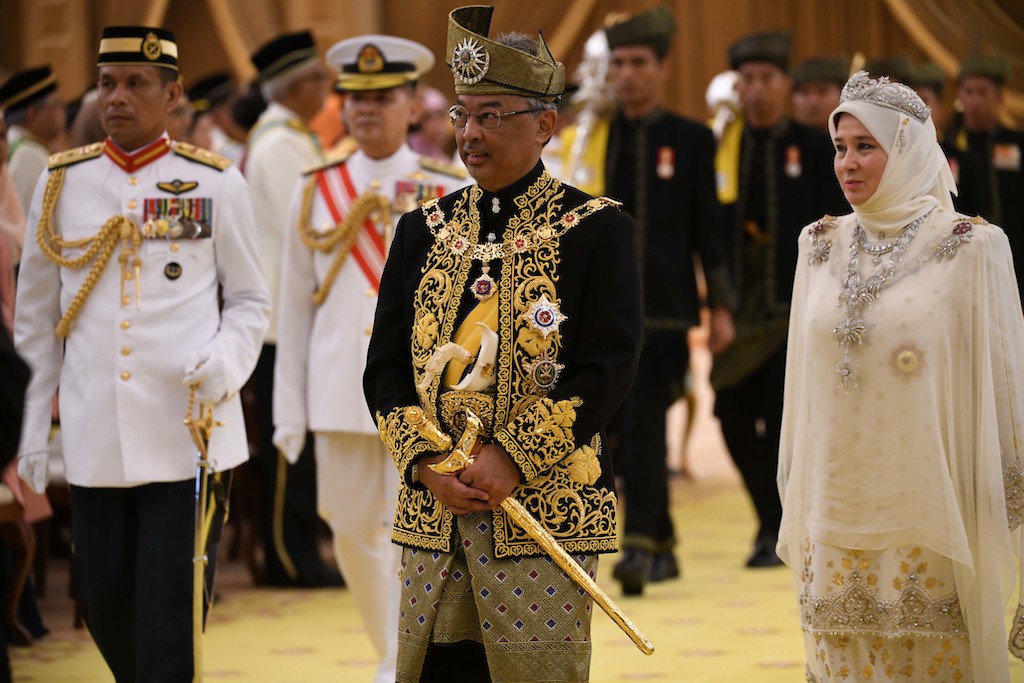The role of Malaysia’s king
The latest crisis in Malaysia gave the country’s monarchy a vital role in protecting the stability and constitutionality of the political process.

Malaysia’s 94-year-old Prime Minister Mahathir Mohamad Shah stepped down in late February, 2020. This decision was not caused by his age or exhaustion, but by the tensions between political parties and inside parliament. The country fell into political turmoil.
Malaysia is a federation of 11 states and two regions. It is located in Southeast Asia on the southern section of the Malay Peninsula and the northern part of the island of Borneo. The population is mainly Muslim, with Hindu and Christian minorities of about 20 and 10 percent, respectively. Nine of the Malay states are monarchies headed by sultans. The sultans elect one of them every five years as king and head of state of the Federation of Malaysia. Their role is, usually, mostly ceremonial and prime ministers hold broad executive power. At present, Sultan Abdullah Sultan Ahmad of Pahang is the 16th king.
Troubled coalition
Mr. Mahathir led Malaysia as prime minister from 1981 until he retired in 2003. On his watch, the country developed rapidly, not much slower than the four famous Southeast Asian “tigers.” In 2018, the accomplished leader returned to active politics by forming an anti-corruption coalition with his old rival, Anwar Ibrahim, to dethrone his preferred successor, Prime Minister Najib Razak (2009-2018). Mr. Najib, who had been at the center of a massive corruption scandal which significantly damaged the country’s reputation, was soundly defeated in the elections and Mr. Mahathir took his place. As part of a power-sharing pact, he promised to step down in favor of Mr. Anwar by the middle of his term.
Since Malaysia’s independence, the monarchy has given the federated country political stability.
Since his resignation on February 24, 2020, Mr. Mahathir has been acting as interim prime minister. The maneuver can be seen as an attempt to consolidate his power and free him from the obligation to pass the office on to his coalition partner. As the prime minister and his party were highly regarded, the group around Mr. Anwar suspected that Mr. Mahathir may want to call a snap election.
In the past, the king instructed the largest party to appoint the prime minister and government. Since Malaysia gained independence in 1957, the monarchy has given the country political stability, which brought with it an impressive pace of development. Prime Minister Mahathir now wants to be elected directly by the parliament. The king, whose role under these circumstances is to uphold constitutional order, consulted with the federation’s other state heads about this change of practice and has held a meeting with all members of parliament.
The result was that the king appointed Muhyiddin Yassin, a highly regarded personality and seasoned politician, as the 8th prime minister of Malaysia. In effect, he prevented the country from becoming hijacked by one man’s outsized ambition.
The monarchy in Malaysia, although largely ceremonial, again displays its essential role in stabilizing and protecting the constitution in times of democratic turmoil and uncertainty.
